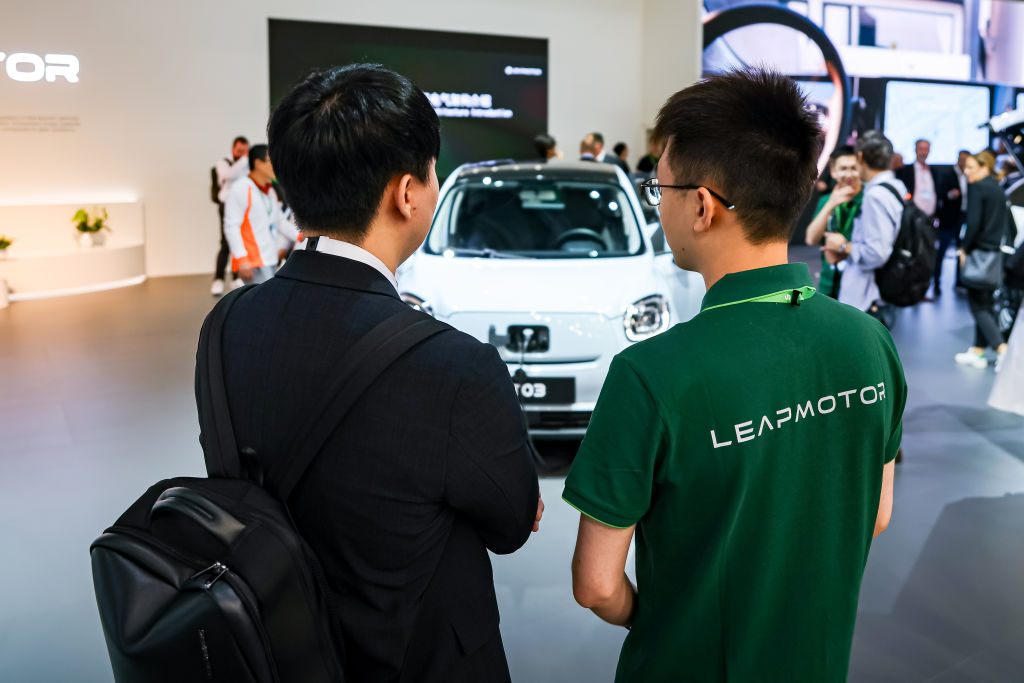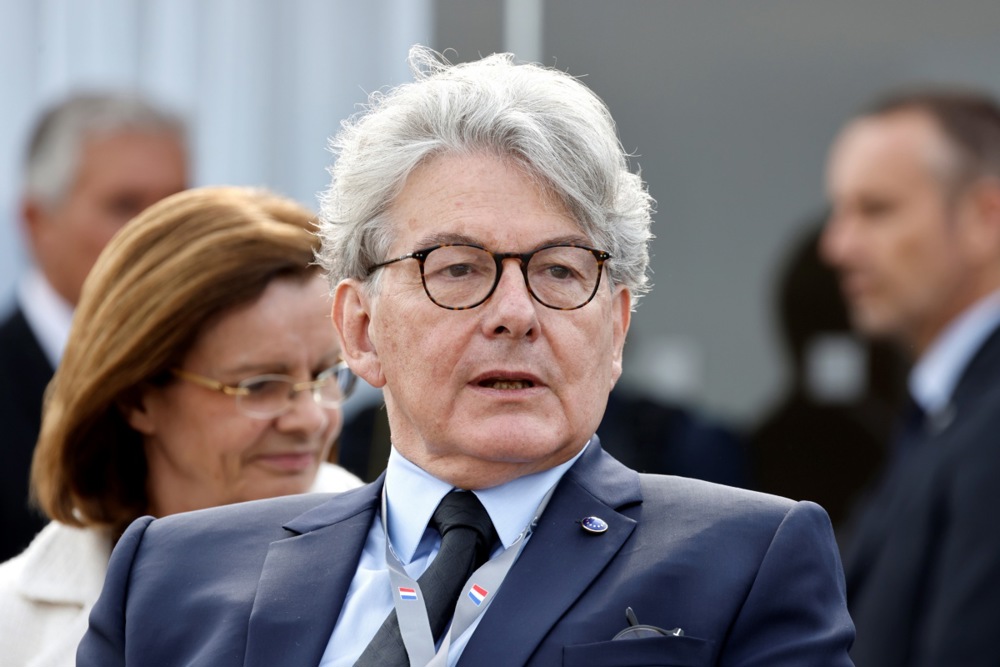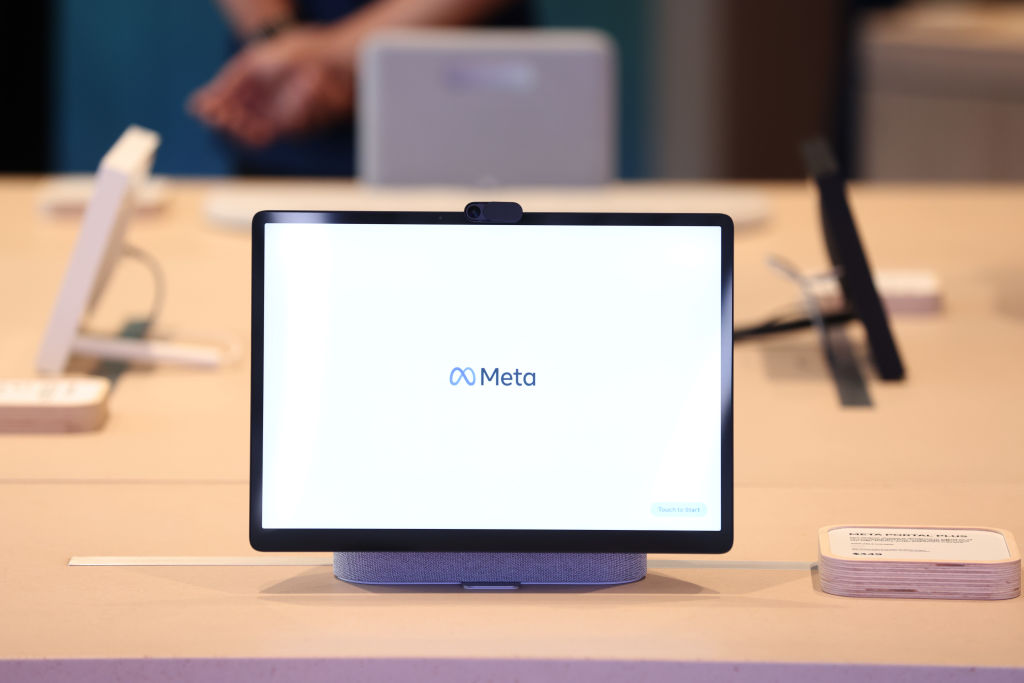A proposed European Union crackdown on goods made with forced labour could cut the number of Chinese solar panels imported into the bloc, the European Commission suggested.
Responding to a written question from MEP Raphaël Glucksmann (S&D), the EC on March 4 insisted it was committed to helping local solar-panel producers, many of whom say they are at risk of going out of business due to “cheap” Chinese imports.
The body went on to highlight that any solar panels made with the help of forced labour would soon not be allowed to be imported into the bloc as part of an upcoming crackdown on the practice.
“The EU regulation on forced-labour products, currently under negotiation, would prohibit placing on the EU market any product made with forced labour, irrespective of its origin,” said Kadri Simson, the European Commissioner for Energy.
While the Estonian politician added the new restriction would not target “specific countries or industries”, numerous government and private-sector reports have claimed that slave labour is widespread in the production of Chinese solar panels.
According to data published by the US Department of Labour, more than half of the Communist country’s polysilicon production – an essential element of the vast majority of solar panels – takes place in the Muslim-majority Chinese province of Xinjiang.
As part of its crackdown on minority non-Han ethnic groups including the Tibetans, Mongols and Uyghurs in the region, the Chinese Government allegedly forces Muslims held in prison camps to work in various primary and secondary industries, often without pay.
“Roughly 80 per cent of solar components are manufactured in China using slave labour,” US think-tank The Heritage Foundation reported in 2023.
“In its bid to dominate solar panel production, China has forced these ‘surplus workers’ to toil in state-subsidised, coal-fired power plants and four of the five largest polysilicon factories.
“Today China manufactures 79 per cent of polysilicon, 97 per cent of wafers, 75 per cent of modules and 85 per cent of solar cells using slave labour,” it added.
The European Commission has admitted it is again concerned about apparent Chinese attempts to undermine the European Union’s solar energy industry. https://t.co/ukAzZEfABW
— Brussels Signal (@brusselssignal) November 17, 2023
Fears that China could be “weaponising” forced labour in a bid to dominate the international solar-panel market come as numerous EU companies warn they can no longer keep up with the competition.
Many major groups involved in solar-cell manufacturing have said they now have to choose between moving to the US – where State subsidies are more plentiful – or closing-up shop entirely.
For those operating in Germany, a surge in the cost of energy is also a major problem for their businesses.
After threatening to close down its operations in the country last year due to high energy prices, solar-cell manufacturer Meyer Burger last month announced it would imminently begin moving its production to Colorado and Arizona.
Despite the exodus, Brussels has insisted it will not impose any direct restrictions on Chinese solar-energy imports as, it argues, that could end up hurting the bloc’s climate goals.
“We cannot close our borders,” Simson said on March 4, adding that Chinese solar panels are needed to enable Europe to hit its “ambitious 2030 targets”.
The “carbon intensity” of solar panels may be up to three times more than previously believed. https://t.co/yhot2IOedF
— Brussels Signal (@brusselssignal) July 25, 2023





